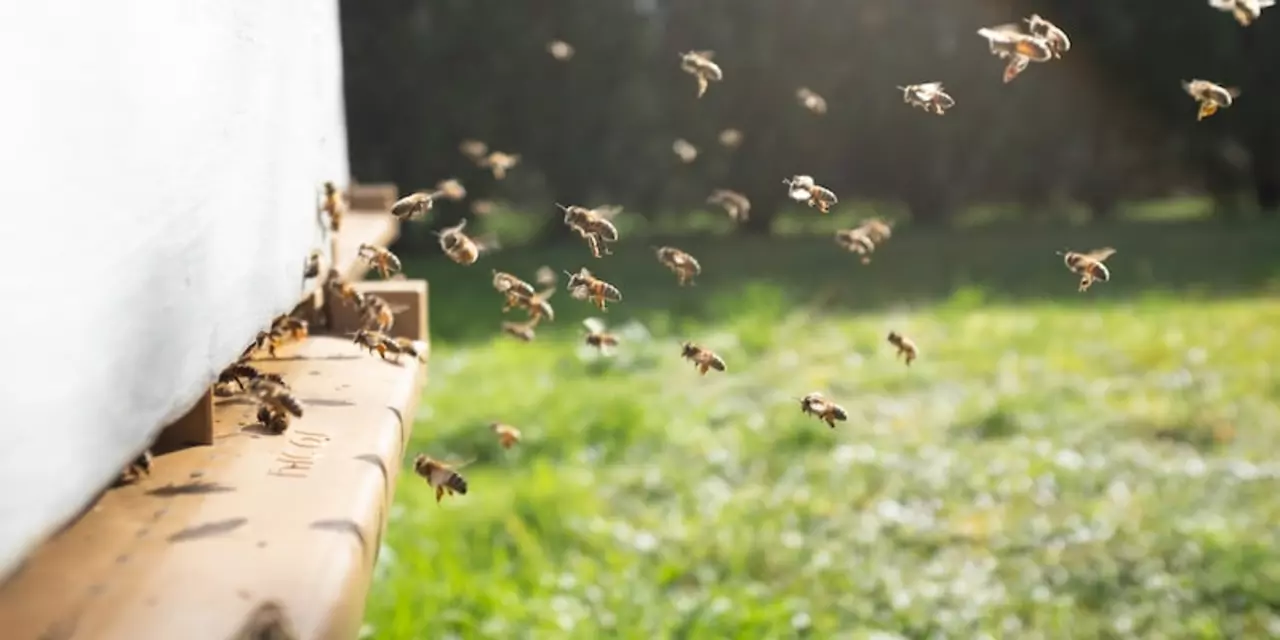Understanding the Basics of Beekeeping
Before delving into the pros and cons of beekeeping, it's essential to understand the basics of this practice. Beekeeping, or apiculture, is the maintenance of bee colonies, typically in man-made hives. It's an ancient practice that dates back to the honey hunters of prehistoric times, and it's still a vital part of our economy and ecology today. Beekeepers maintain hives to produce honey, beeswax, pollen, and other bee products. They also rent out their colonies to pollinate crops. Yet, like any endeavor, beekeeping comes with its share of pros and cons.
The Sweet Rewards: Pros of Beekeeping
The perks of beekeeping are indeed delightful and rewarding. For one, it's a hobby that produces tangible, sweet results. Beekeepers can harvest their honey, which is not only delicious but also has numerous health benefits. Honey is packed with antioxidants, can soothe a sore throat, and can even improve digestive issues. Plus, it's a wonderful sweetener that can replace processed sugar in your diet.
Beekeeping also has significant environmental benefits. Bees are critical pollinators and play a crucial role in our food chain. By keeping bees, you're helping to boost local pollination, contributing to plant diversity and the production of fruits, vegetables, and nuts in your area. In other words, beekeeping can help to increase food security and biodiversity.
Finally, beekeeping can be a source of income. Selling honey and other bee products can supplement your income. Additionally, the demand for pollination services is high, especially in areas with extensive agriculture, providing another revenue stream for beekeepers.
The Sting in the Tail: Cons of Beekeeping
Despite the numerous benefits, beekeeping also has its share of challenges. For starters, it requires a significant time commitment. Bees need to be monitored regularly, especially during the honey production season. This can be time-consuming and may not fit into everyone's schedule.
Bee stings are another downside. While not everyone reacts severely to bee stings, they can be painful and, in rare cases, cause allergic reactions. Proper protective gear can minimize the risk, but the possibility of getting stung is always there when dealing with bees.
Lastly, bees can be susceptible to various diseases and pests, like Varroa mites and American Foulbrood. These can severely impact the health of your colony, and managing them can be difficult and require additional investment in treatments.
Financial Implications of Beekeeping
Beekeeping does involve some initial investment. You'll need to purchase equipment such as hives, bee suits, smokers, and hive tools. Depending on the area and the size of your operation, you may also need to invest in fencing to keep out predators. Then, there are the costs of the bees themselves and their ongoing maintenance, including food and disease treatments.
However, these expenses can often be offset by the income generated from selling honey, wax, and other bee products. Additionally, offering pollination services to local farmers can be a lucrative business, especially in areas with extensive agricultural activities.
Navigating Legalities and Community Relations
Before embarking on your beekeeping journey, it's important to understand and comply with local laws and regulations. Some areas may have restrictions on beekeeping or require specific permits. There may also be rules about where you can place your hives, especially in urban settings.
It's also crucial to consider your neighbors. While you may be enthralled with your buzzing companions, not everyone shares this sentiment. Bees can be perceived as a nuisance or a danger, so it's important to communicate with your neighbors about your beekeeping plans to avoid conflicts.
The Role of Education in Successful Beekeeping
As with any new endeavor, education is key to successful beekeeping. Learning about bee behavior, hive management, disease control, and honey extraction can greatly increase your success rate. Luckily, numerous resources are available for aspiring beekeepers, including books, online forums, and local beekeeping associations.
Joining a local beekeeping group can be particularly beneficial. These groups often offer beginner courses and mentorship programs, and they provide a platform to share experiences and seek advice. Remember, beekeeping is a journey of continuous learning, and even experienced beekeepers still learn new things about these fascinating creatures all the time.


